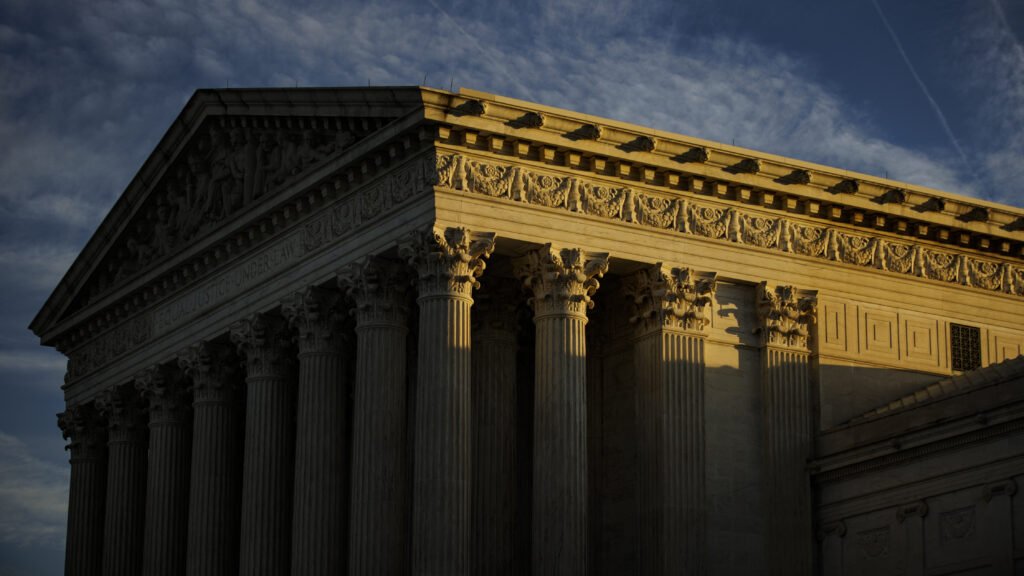The recent Supreme Court decision upholding the Affordable Care Act provision requiring health insurers to cover certain preventive services cost-free has sparked both celebration and concern among health advocates and experts.
In a 6-3 ruling in Kennedy v. Braidwood Management, Justice Brett Kavanaugh affirmed the requirement for insurers to cover services like cancer screenings, statins, and HIV prevention drugs such as PrEP at no cost to many Americans. However, the decision also solidified the Health and Human Services secretary’s authority over the U.S. Preventive Services Task Force, raising questions about the panel’s independence and credibility.
The task force plays a crucial role in evaluating preventive health interventions based on scientific evidence and issuing recommendations ranging from A to D. Insurers are mandated to cover services with A or B recommendations at no cost to patients under the ACA. However, the ruling now grants the HHS secretary more power to influence the task force’s decisions, potentially altering what services are covered.
Conservative Christian employers in Texas, represented by Braidwood Management, challenged the constitutionality of the ACA provision, arguing that the task force members were unconstitutionally appointed and their recommendations lacked legal force. The Supreme Court sided with the government, affirming the secretary’s authority over the task force.
This ruling could lead to changes in the coverage of preventive services, with concerns that rejecting certain recommendations could limit access to essential care and result in adverse health outcomes. For instance, removing the cost-free mandate for PrEP could lead to an increase in new HIV infections, according to research.
The decision also opens the door for the HHS secretary, Robert F. Kennedy Jr., to reshape the task force by appointing new members and potentially influencing its recommendations. This has raised worries about the politicization of health care and the erosion of trust in scientific panels like the task force.
Legal experts caution that undermining the task force’s independence could have far-reaching consequences for public health policy and decision-making based on scientific evidence. As the government’s influence extends into health and science governance, there is a growing risk of policies straying from what is best for the overall health of the country.
In conclusion, while the Supreme Court’s decision ensures continued access to cost-free preventive services for many Americans, the implications of the ruling on the independence and credibility of expert panels like the U.S. Preventive Services Task Force remain a point of contention among health experts and advocates.


